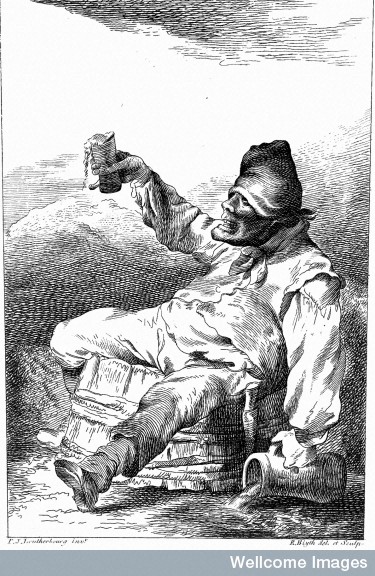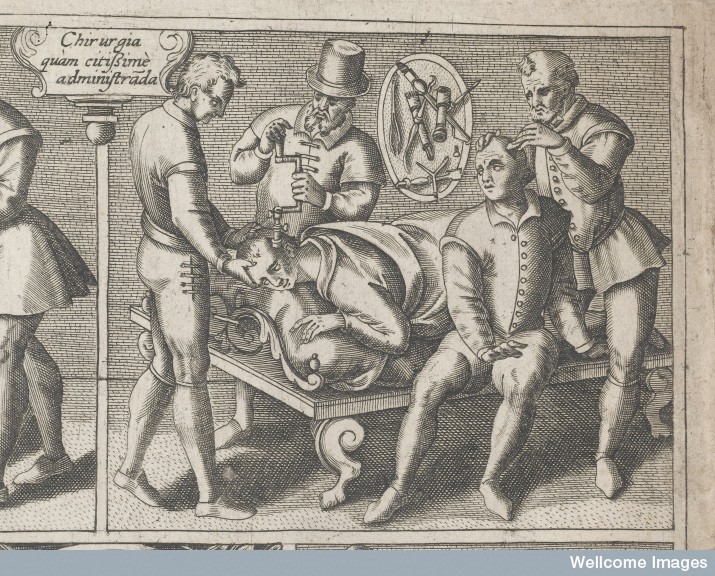At this time of the year many of us will over-indulge in either food or drink, or both. We rarely question our ability to gorge ourselves on festive treats like mince pies. However, as regular readers of this blog are no doubt aware, early modern men and women questioned and
Poisons, Potions and Unicorn Horns
Paul Middleton Within early modern medical texts, scattered among curatives for fevers, vomiting, aches, and pains, were remedies that targeted the many poisons and toxins that posed a threat to the lives of contemporaries. Whilst poisons have famously been reserved for elaborate assassinations and vengeful wives, the regular inclusion of
A Festive Food
As advent is underway I thought I would enjoy a brief excursion and write about something seasonal. Every year as the Christmas season approaches I look forward to making, baking and eating LOTS of mince pies. They are my favourite festive treat. Perhaps as expected, a mince pie was something a
Nimble Fingers
The anonymously authored Aristotle’s Book of Problems (1710) presented its readers with a series of questions and answers about the body and the natural world.1Some of these questions are very familiar, ‘why have some men curled hair, and some smooth?’, others are perhaps less familiar ‘why have men more teeth than women?’ why are ‘Eunuchs for the most
Like a hole in the head
In this latest edition of our therapies series I will be discussing the early modern history of the rather gory practice of the trepan – drilling or scraping a hole into the human skull. This technique is one of the oldest surgical procedures having been used for thousands of years, even though




